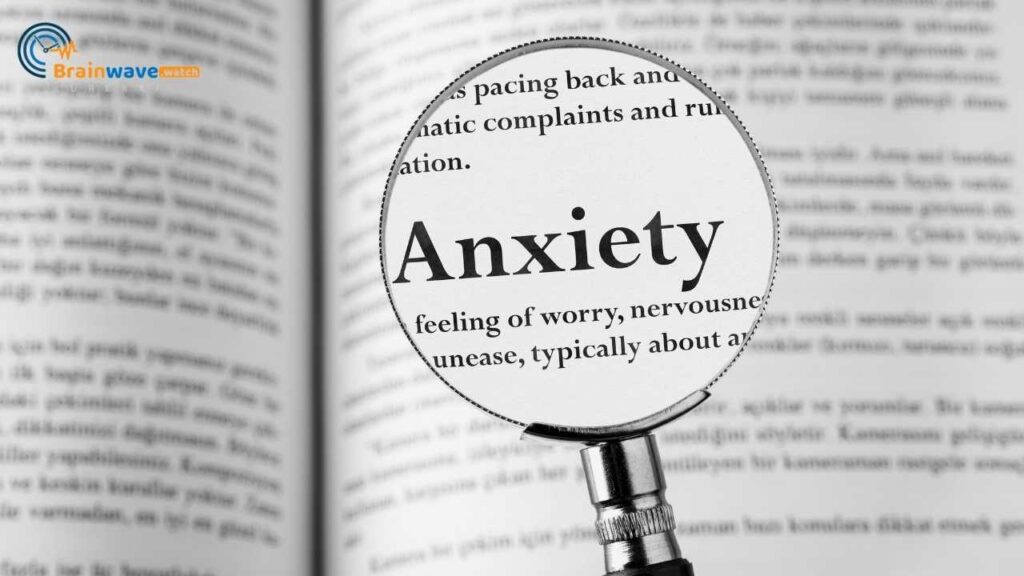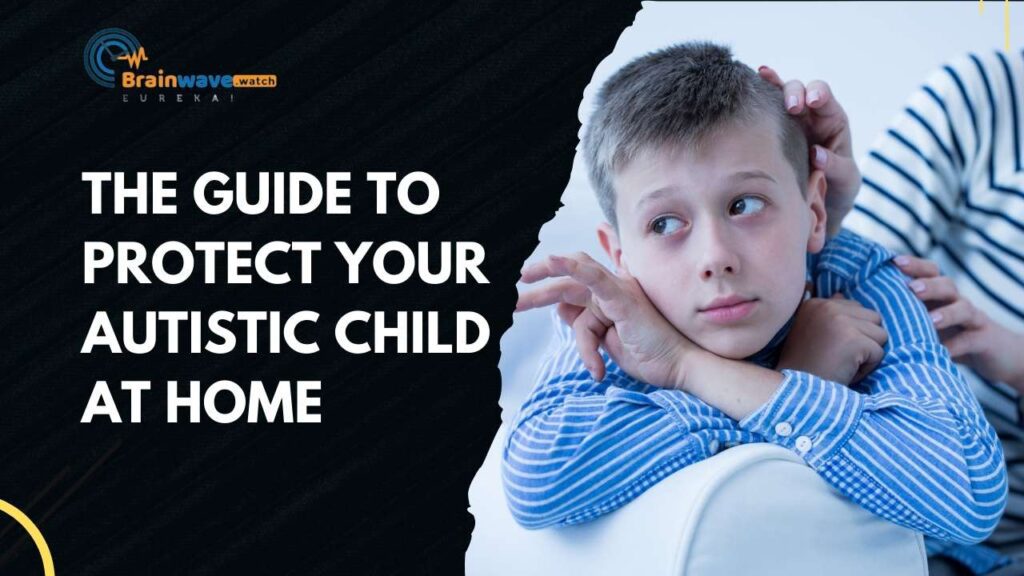Anxiety is a common condition in the autistic community. It can be difficult to know where to start when it comes to reducing anxiety, but there are some approaches that have been shown to be effective.
Increasing Access to Quality Mental Health Care
Mental health care is an important part of everyone’s life and we all deserve access to it. For autistic people, this can be especially challenging because they often feel isolated from the support system that other people have.
But there are things you can do to help your loved one find the best treatment for their mental illness:
- Look into local resources for mental health care, including hospitals and clinics. If you live in a big city like New York City or San Francisco where there are many options available, then finding the right place might not be difficult at all—but if you live somewhere more rural (or small), then finding the right place could take some time and effort!
- Consider joining your loved one’s doctor as soon as possible after they start experiencing symptoms like anxiety or depression so he/she knows how best to treat them without causing any side effects themselves (like becoming dependent on medication). Asking questions about what happened during past visits will also help him/her know exactly what improvements need to be made going forward into future ones.”
Read also: How to Help Your Child with Autism Thrive
Behavioral Interventions
Behavioral interventions are often used to treat anxiety in autistic people. Tailoring behavioral interventions to the needs of the individual, behavioral interventions can be effective in reducing anxiety in autistic people.
The behavior that is targeted depends on what type of behavioral intervention you have chosen, but typically it involves changing your environment so that it’s less overwhelming or distracting and more conducive to relaxation.
Behavioral Interventions: What They Are
The most common types of behavioral interventions include:
- Redirecting attention away from external stimuli by making changes in place settings (e.g., rearranging furniture) or altering access routes within rooms;
- Creating new routines (e.g., taking a nap), removing distractions such as electronics or other objects that may cause distress when they’re present without being removed completely (e.g., turning off lights); and/or using problem-solving skills such as visualizing positive outcomes before challenging situations where there might otherwise be negative outcomes.
Medical/Pharmaceutical Interventions
Medication can be used to treat anxiety in autistic people. It is important to note that medication should not be used as a replacement for therapy, but rather as an additional tool in the treatment of anxiety.
Medications can be used to treat anxiety in autistic people. It is important to note that medication should not be used as a replacement for therapy, but rather as an additional tool in the treatment of anxiety.
Medications also have side effects and should only be taken under the guidance of a doctor or other health professional.
Read also: Why Freedom, and Safety is most important for Special Needs Kids
Reducing Stress and Anxiety in the Workplace
- Provide a safe space for employees to discuss their feelings.
- Avoid making assumptions about people’s needs.
- Offer flexible working arrangements that allow people with caring responsibilities to take time off when they need it, or arrange for flexible shift patterns so that the employee can be at home with their family if it’s difficult for them to be away from work during particular times of day or week.
- Provide training on how to manage stress at work (for example, by learning relaxation techniques), including role models who have been through similar experiences yourself, and understand what you’re going through as an autistic person in your workplace environment.
It’s also important to note that interventions can reduce the need for hospitalization, which is a significant cost. In addition, they can improve the quality of life and overall functioning of people with autism.
Conclusion
Autistic people face a number of challenges, but one thing that can help them is having access to quality mental health care. This can be done through behavioral interventions such as individual or group therapy sessions or by using medication. Doctors and other medical professionals also have the ability to prescribe medications that can help reduce anxiety in autistic individuals.







